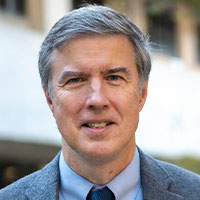The Tunisia Lawyers Council called Sunday for a nationwide strike after police conducted a raid on the headquarters of Tunisia’s bar association and arrested Sonia Dahmani, a prominent critic of the government.
The Council announced its intention to organize a protest on May 16 in a press release. It also shared plans to stage boycotts in front of the investigating and security teams from May 14 to 16. The group condemned the storming of masked security forces, calling this a “clear violation of criminal procedures and law.” The Tunisian General Labor Union joined other civil society organizations, lending their support to lawyers and the Bar Association.
Dahmani was arrested over sarcastic remarks she made about Tunisia on a local television program last week. She was charged with distributing false information and disrupting public order under Decree 54, a Tunisian national law that purports to combat disseminating false information and rumors on the internet.
Dahmani was taking refuge in the association’s building when hooded men stormed the building and took her away, as reported by France 24 on Saturday. That same evening, authorities arrested television and radio presenter Borhen Bssais and columnist Mourad Zeghidi under Article 24 of the anti-false news decree, following their public criticism of the changing situation in the country.
The arrests come on the heels of the arrest of Saadia Mosbah, a renowned Tunisian dissident, who is known for her advocacy for African migrants. She was arrested earlier this month on charges of money laundering. These arrests come amid an increasing crackdown by the Tunisian government on dissidents and critics using Decree 54.
International organizations, including Human Rights Watch, have expressed concern over the use of Article 24 of the decree, which provides for the fining and imprisonment of five years to curb dissent, and called it a violation of Article 3 of the Universal Declaration of Human Rights, the right to life, liberty and security of the person.



